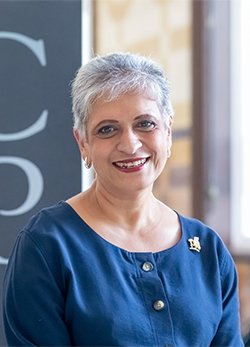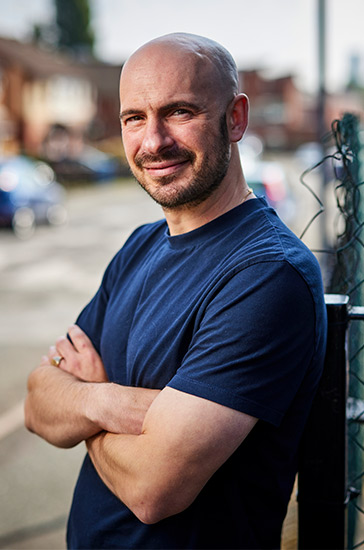
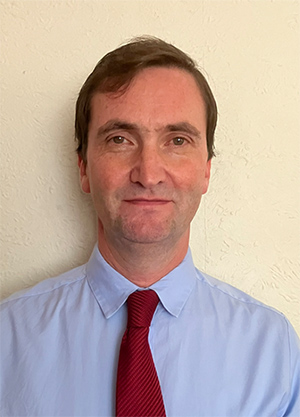
Ten minute consultation - Dr Chris Provan
Dr Tamsin Ellis asks: Air pollution is a significant issue for GPs and their patients - what can GPs do to advocate for action?
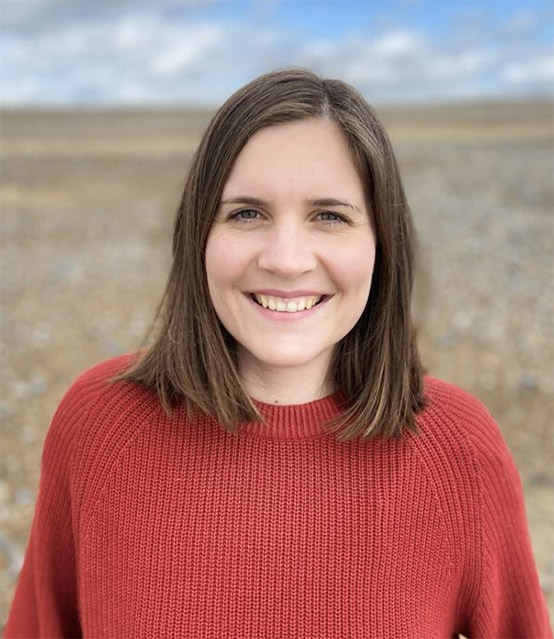
Last year I took part in a voluntary air pollution monitoring project in general practice, joining various healthcare professionals (HCPs) across primary care to measure the toxic air in our local communities. A small monitor was delivered to my door and for a week I carried it everywhere, cycling and walking around as much as I could. I collected data and quietly panicked as the results unfolded.
The monitor and connected app, lit up with a traffic light system telling me in real time all about the dirty air I was breathing in. Green for good, red for poor and purple for dangerous. Having tapped my postcode into addresspollution.org I knew I was going to be in for a depressing time. Living and working the worst decile in the country for pollution, it’s unsurprising the readings were often on the high side.
You may be sitting in the leafy suburbs, thinking ‘I don’t need to worry about air quality, those Londoners are in a different world of pollution’. But, unfortunately your alarm bells should probably be ringing too. Unless you’re lucky to be out in the highlands of Scotland or a small hamlet in the Welsh countryside you’re probably breathing dirty air. A recent report demonstrated nearly 18 million patients, around 1 in 3 people, are registered with a GP surgery that has unsafe levels of pollution. According to WHO levels about 99% of us breathe air above safe limits, causing 36,000 excess deaths per year in the UK. In 2013 a 9-year-old girl with asthma died of air pollution, becoming the first person in the world to have pollution listed on her death certificate. The coroner subsequently asked the healthcare community, including the RCGP to respond and improve awareness amongst HCPs and patients.
Air pollution impacts every organ in the body, from our first breath to our last (and even before as more data evolves about impacts of pollution on pregnancy, miscarriage and fertility). I’ve seen first-hand children with asthma telling me how their symptoms settle when away from busy roads, and elderly patients with COPD discussing how rush hour means extra puffs on their reliever inhaler. Having spoken to a local Imperial professor about my postcode, I’ve recently learnt my risk of dementia is set to be higher too.
According to WHO levels about 99% of us breathe air above safe limits, causing 36,000 excess deaths per year in the UK.
Working in a deprived area also shows that clean air is not available to everyone. Growing evidence suggests there is unequal distribution of exposure to and impact of air pollution. With those in deprived and marginalised communities disproportionately impacted by the effects of air pollution. Low income households are more likely to live in housing with poorer outdoor and indoor environments. In regard to inequalities, the environmental charity Global Action Plan reports: ‘People on lower incomes in the UK are disproportionately women, they are also disproportionately Black, Pakistani and Bangladeshi households. Those most vulnerable to the effects of air pollution are also, most often, the least likely to have generated that pollution.’
But it’s not all doom and gloom. Air pollution work is full of ‘win wins’. For our health, and the planet. Active travel (walking, cycling and scooting) is beneficial in all sorts of ways to our physical and mental health and helps get traffic off the roads too. GAP recently undertook a pilot providing online training on the causes and health impacts of air pollution. Running from 2021-2022 and funded by the Department of Environment, Food and Rural Affairs (DEFRA), the project worked with 17 HCP across GP practices in the borough of Islington in North London alongside a public health campaign, as well as creating an England wide ‘clean air champion’ training programme for 43 HCPs. The results showed following the training HCPs who had spoken to patients about air pollution rose from 7% to 88%. In Islington 52% of the patients who received advice from their GP changed their behaviour as a result. The projects demonstrate the crucial role that GPs and other health professionals can play in supporting often poorly served communities that are vulnerable to the effects of air pollution and the importance of resourcing those working in General practice with information to empower and inform patients (The resources are freely available for download on the GAP's Action for Clean Air website).
Having taken part in the Islington project and monitored the surrounding pollution I started to change my behaviour too. I re-routed my cycle to work, aiming for less busy side streets. I started making the effort to walk through my local park to get to the station. Opened my windows whilst cooking at home. I started desperately searching for local green spaces, and mapping them around my GP practice too. Not only understanding the feeling of cleaner air, but also the impacts of nature on my mental health.
Beyond the individual actions I also recognised the importance of being a clinician advocating for change at both the local and national level. I looked at other ways to use my voice as a GP, attending meetings at my local council and with MPs in Westminster.
Air pollution is a challenging area to work in, the task at times can seem overwhelming, as measures to change its impacts are often disputed, politicised and controversial. But change is coming, as it well should, and hopefully it will mean a better cleaner, fairer future for us all with GPs in a pivotal role to help understand the health impacts of pollution and also contribute towards efforts to reduce it and improve the health of the communities we serve.
Further resources
- The air pollution video mentioned in this article is called Clean the Air.
- Global Action plan has a lot of information on the Clean Air Hub as well as its Healthcare Knowledge Hub.
- Tower Hamlets and Global Action Plan have produced this short video to empower health professionals to talk about air pollution with their asthma patients and their families. They have also produced resource packs for GP practices, health professionals and schools.
- Asthma and air quality resources produced by North Central London ICS – including a poster, leaflet and a video in English and community language translations.
- Greener Practice has information about health and the environment and resources for air pollution.
Read more
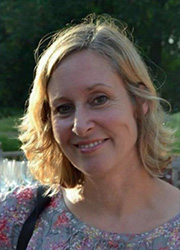
Thank you for your feedback. Your response will help improve this page.
